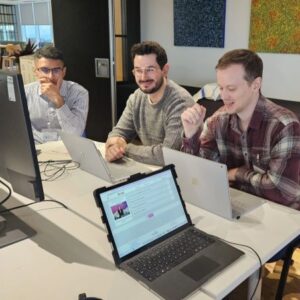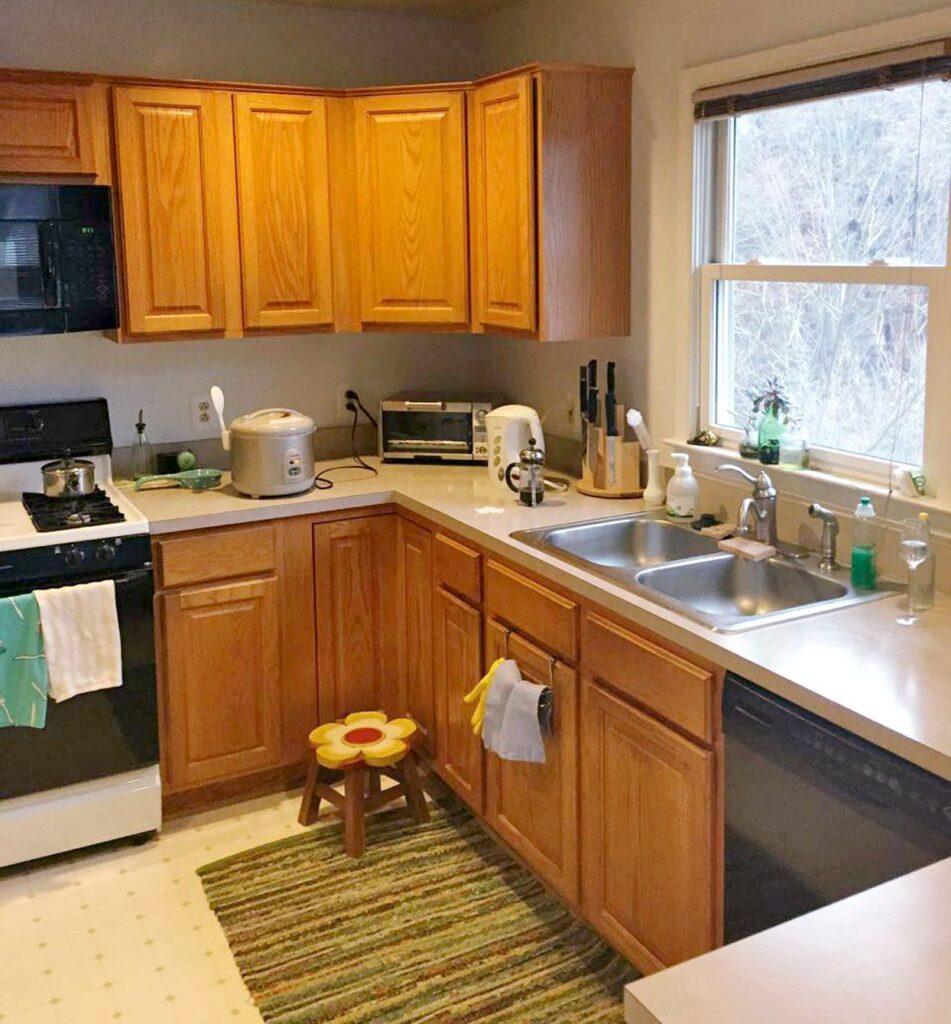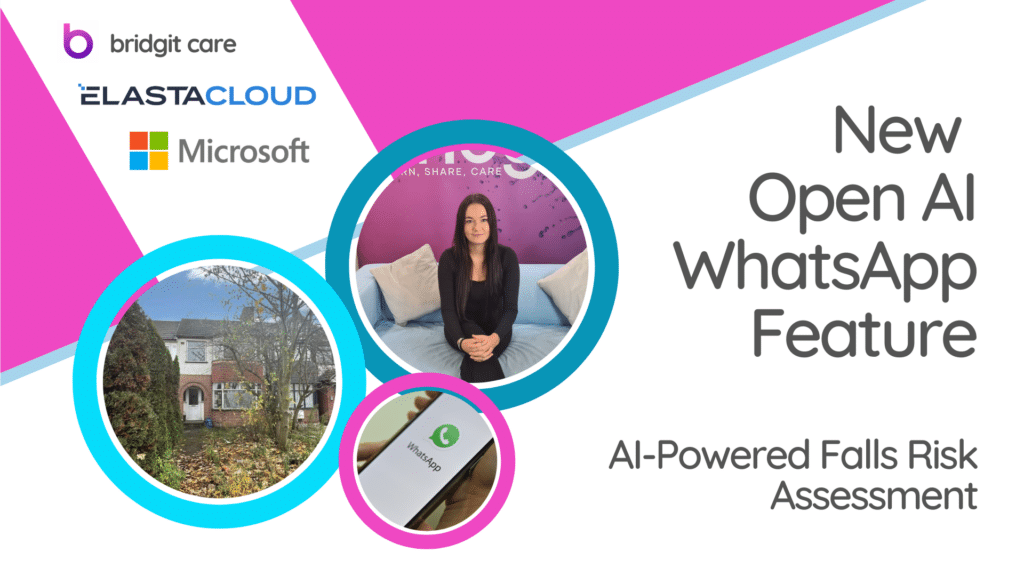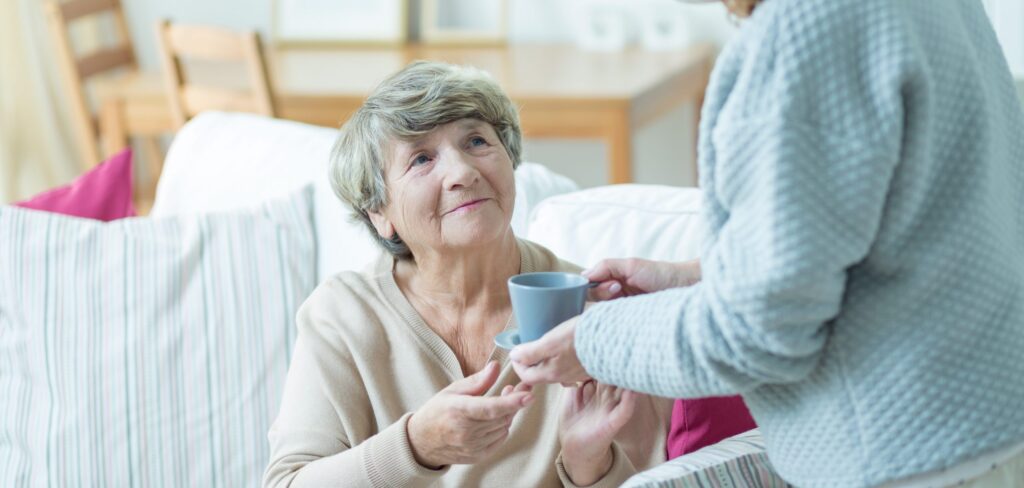Helping Carers and the people they care for to stay safe at home 🌟
We’re excited to announce a groundbreaking development in carer support – a new WhatsApp feature that offers quick, personalised falls risk assessments, making us the first in the world to implement OpenAI’s Vision API in falls support and social care. The results from this new technology have been nothing short of amazing.
Utilising OpenAI's Vision API in our latest WhatsApp feature is a game-changer for social care," said Darren Crombie, founder of Bridgit Care. "Our partnership with Microsoft has been instrumental in making this happen. By integrating this advanced AI technology, we're not just innovating; we're redefining the way carers assess risks and ensure safety. This collaboration is a testament to our commitment to harness cutting-edge solutions to empower carers and improve the lives of those they look after. It's a proud moment for us at Bridgit Care to lead this pioneering step in social care.
Darren Crombie, Bridgit Care
How did the idea come about? 💡
At the recent AI hackathon hosted by Microsoft and Elastacloud, our team harnessed the power of OpenAI’s Vision API.
This innovative technology has enabled us to create a tool within our WhatsApp system that revolutionises how carers assess the safety of their loved one’s living environment.

How does the Vision AI technology work? 🤔

At Bridgit Care, we’ve been working with Open AI (and their chat GPT product) for a while now, providing support across a number of different areas for carers from their caring role, to getting back into employment.
The Vision API was made available in November and we could immediately see how this could help our carer community.
For the above image with some training within the two days we where able to get the following advice from the Vision API, when asking for support for an elderly person, at risk of falls, and with poor eyesight.
The image depicts a kitchen corner with various elements that could pose risks to a frail, elderly person with poor eyesight. Here are potential risks:
These are common issues that could be addressed to make the kitchen safer for an elderly person, such as installing better lighting, securing rugs, organizing countertops, and providing safe reach-assistance tools.
- Slippery Floor: The rug on the floor could slip or bunch up, causing a trip hazard.
- Step Stool: The small flower-shaped step stool could be a trip hazard if not seen, or it could tip over if used for support.
- Cluttered Countertops: Excess items on countertops may lead to items being knocked over, potentially causing injury or creating more hazards.
- High Cabinets: The upper cabinets could be a risk if the person tries to reach something and loses balance.
- Cords on Countertop: Electrical cords present a risk of entanglement or pulling an appliance off the counter.
- Knives in Open Block: The knife block on the counter has knives that could be easily knocked over, potentially causing injury.
- Low Visibility: Poor lighting, especially near the sink area, can make it hard to see water spills or objects, increasing the risk of slips and falls.
- Sharp Corners: The counters have sharp corners that could cause injury if bumped into.
- Low Contrast Objects: The similar color tones of the counter, cabinets, and appliances may make it difficult for someone with poor eyesight to distinguish edges and objects.
- Appliances at Counter Height: The microwave and other appliances at counter height could be a hazard if hot food is removed and spills.
Vision API Response, Open AI
How the Feature Works for Carers 📲🚶♂️🛡️
Carers can now simply take a few photos of their relative’s house, and our system, powered by the Vision API, quickly generates a comprehensive falls risk report. This report includes:
- Property Risk Score: An overall evaluation of the property’s fall risks.
- Room-by-Room Analysis: Specific hazard identification in each area.
- Practical, Low-Cost Solutions: Tailored recommendations for reducing risks.
The Benefits of This Feature
- Pioneering Technology: First-ever use of OpenAI’s Vision API for social care.
- Speed and Convenience: Receive a detailed risk assessment in just 30 seconds.
- Easy Accessibility: Available through the familiar WhatsApp platform.
- Personalised Advice: Customised solutions based on real-world conditions.
- Empowering Carers: Equips carers with crucial information for safer environments.
- Reduced Stress: Offers peace of mind about loved ones’ safety.
This feature marks a significant milestone in our commitment to leading AI innovation in social care. By integrating cutting-edge technology like OpenAI’s Vision API, we’re making caregiving safer and more manageable.
This feature is currently in test with a number of Local Authorities and if all goes to plan we’ll make it available for free to all UK carers in January.
For more information on how to get involved with our AI development, contact us directly or book a meeting with the team.


